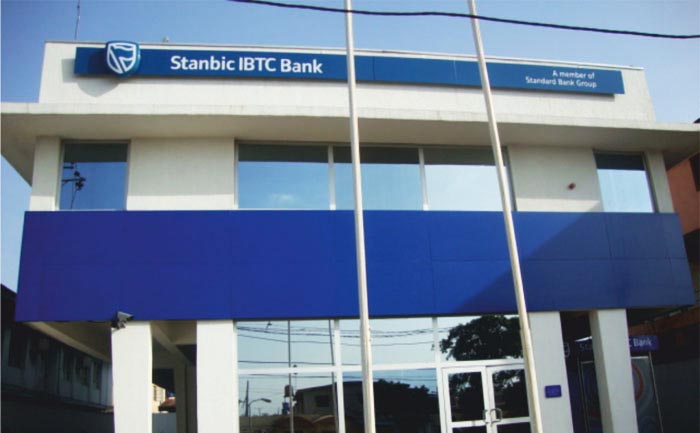Global Ratings Agency, S&P Global Ratings has affirmed its ‘B/B’ long- and short-term issuer credit ratings on Nigeria-based Stanbic IBTC Bank PLC with a stable outlook.
In a statement issued by the firm, the ‘ngBBB/ngA-2’ long- and short-term Nigeria national scale ratings on the bank were also affirmed.
Stating further, S&P said its ratings on Stanbic IBTC reflect the creditworthiness of the entire Stanbic
In addition, the agency revealed that Stanbic IBTC Bank is strategically important to the South Africa’s Standard Bank Group (SBG) Ltd and it therefore factored in one notch of group support above Stanbic IBTC’s unsupported group credit profile (GCP), which was assessed at ‘b-‘.
The rating agency noted that the ratings on Stanbic IBTC are capped by the foreign currency sovereign credit ratings on Nigeria as it does not rate Nigerian banks above the sovereign because of the likely direct and indirect influence of sovereign distress on their operations, including their ability to service foreign currency obligations.
Stanbic IBTC operates in the mid-tier of the competitive Nigerian banking sector, and its business position benefits from its affiliation to SBG, as well as its brand recognition and segment diversification. Its corporate and investment banking division accounted for 53.5% of group revenues in 2017. Its wealth management business accounted for 19% of group revenues in the same period. These two divisions were the main contributors to the group’s profitability, resulting in a strong return on equity (ROE) of 28.9% at year-end 2017.
S&P said it expects future profitability to compare well to top-tier Nigerian banks’ with an ROE at around 20%-22% over the next two years.
In contrast, Stanbic’s retail franchise profitability lags behind the other two segments owing to high impairment charges and a weak cost-to-income ratio.
The bank’s funding cost improved slightly to 4.0% in the first quarter of 2018 from 4.6% in 2017. This compares well to some top-tier banks’ cost of funds despite a comparatively modest retail franchise.
Also, the Stanbic IBTC group improved its cost-to-income ratio to 49%, from 55% in 2016, which better aligns with the best-performing banks in Nigeria.













